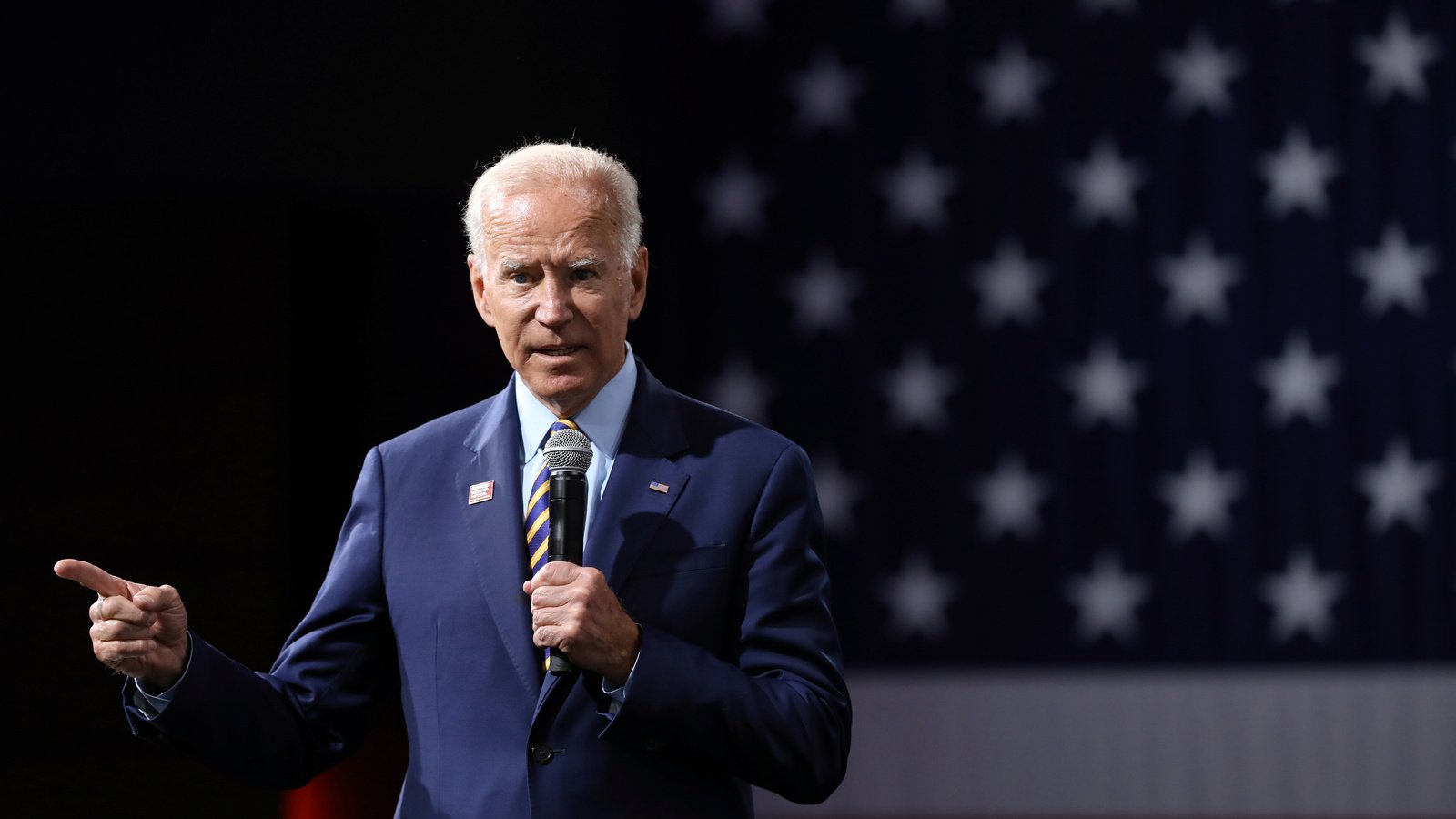President Joe Biden is set to embark on a significant diplomatic mission to Israel this week, amid ongoing conflict and humanitarian concerns in the region. Biden’s visit aims to demonstrate unwavering support for Israel in its efforts to address the threat posed by Hamas while also seeking ways to alleviate the humanitarian crisis in Gaza.
The dual objectives, outlined by Secretary of State Antony Blinken, carry substantial risks for the president as he strives to prevent the escalation of the Middle East crisis. Biden’s decision to visit Israel was influenced by an invitation from Prime Minister Benjamin Netanyahu, a longstanding acquaintance of the president. Biden extensively deliberated the trip with his top national security and intelligence advisors at the White House.
Simultaneously, Secretary of State Antony Blinken engaged in intensive discussions with Israeli officials in Tel Aviv. The focus of these discussions was on facilitating humanitarian aid to Gaza and ensuring the safety of civilians amidst Israel’s response to the ongoing terror attacks.
Following over seven hours of negotiations, Blinken revealed that the United States and Israel had agreed to develop a plan allowing humanitarian aid from various donor nations and multilateral organizations to reach civilians in Gaza. President Biden’s visit will also include meetings with leaders from Jordan, including King Abdullah II, President Abdel Fattah el-Sisi of Egypt, and Palestinian Authority President Mahmoud Abbas. All three leaders have condemned the situation in Gaza, and Blinken had met with them separately in recent days.
Despite the security risks associated with a diplomatic visit to Israel, Biden’s decision was made after careful consideration of these concerns. The visit will build upon Blinken’s extensive tour of the Middle East, highlighting the delicate balance the U.S. aims to strike: providing steadfast support for Israel’s military operations while addressing the humanitarian crisis in Gaza and preventing the conflict from spreading to additional fronts.
National Security Council spokesman John Kirby emphasized that Biden will emphasize the importance of working with regional partners, including Israel, to provide humanitarian assistance and establish safe passage for civilians. One crucial aspect under discussion is the opening of the Rafah crossing in Egypt, the primary route to access Gaza. Blinken stated that the agreement to work on this plan was initiated at the U.S.’ request, and the U.S. welcomes Israel’s commitment to this effort.
Blinken emphasized the urgency of aid reaching Gaza promptly and expressed shared concerns with Israel regarding the possibility of Hamas obstructing or misusing humanitarian assistance. He stated that if Hamas hinders the delivery of aid to civilians, the U.S. will strongly condemn such actions and work to prevent their recurrence. President Biden is expected to discuss these matters further during his upcoming visit.
![]()
